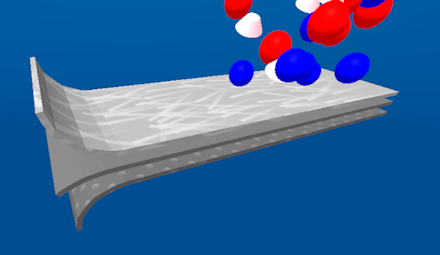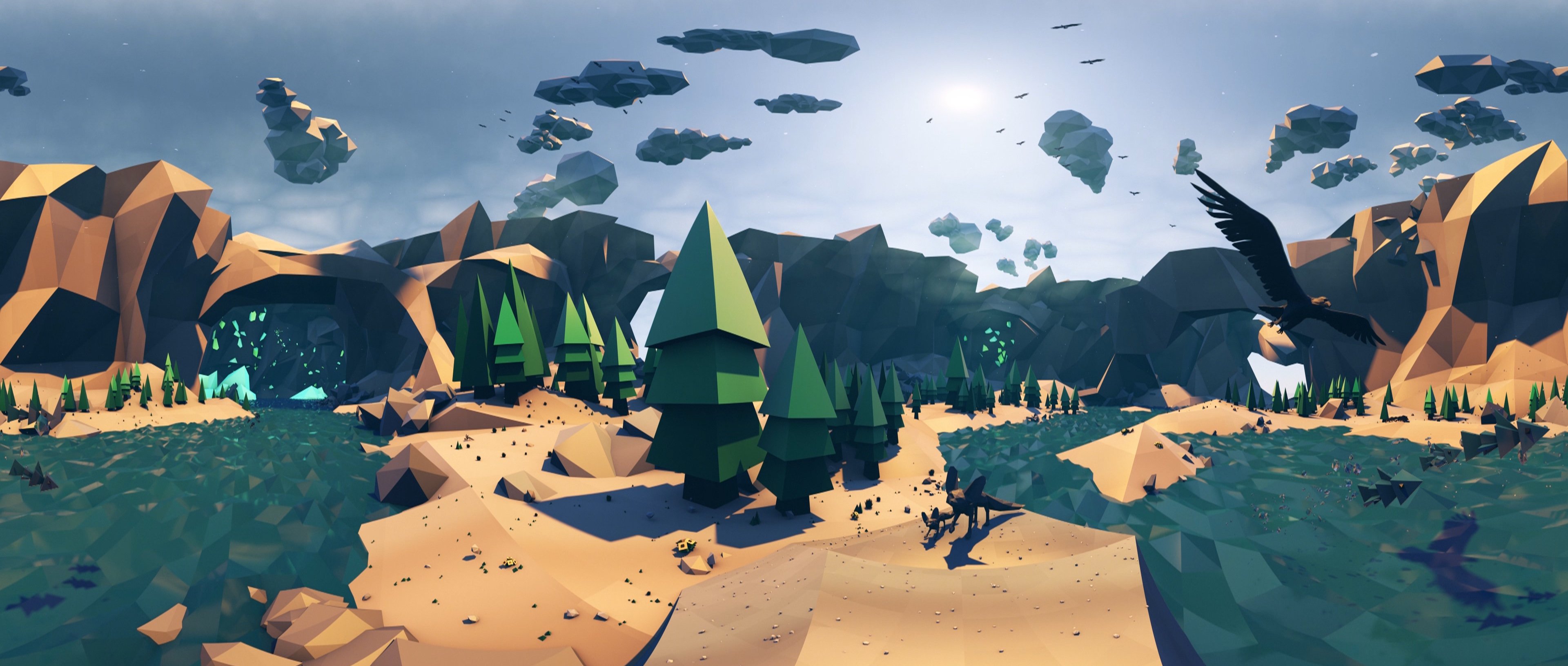Something struck me during this year’s Virtual Reality Working Out Loud Week.
Billed as an event for “anyone who is working with or experimenting with virtual reality, whether that be at home, at school or at work”, this was the second time I had run it. Again I was keen for our peers in L&D and other industries to share what they are doing with this emerging technology.
At the time of writing this blog post, the #vrwolweek hashtag achieved 612,836 impressions on Twitter with an estimated reach of 350,292 accounts. Impressive indeed. Less impressive, however, is the fact that barely a dozen people shared an experience.
And this is what struck me… There is a gulf between those who talk about VR and those using it, and it appears this gulf is widening.
As last year’s 20 real-world examples of virtual reality attests, the technology is being applied by pioneers in various industries. This year unearthed additional examples in healthcare, transport, firefighting, education, special needs, gaming and tourism.
This year also highlighted folks such as Robert Ibisch, Flemming Funch, Lorraine Minister, M. Lovecraft, Simon Dueckert and Arun Pradhan who are actively experimenting with VR.
So that leaves approximately 350,000 people who have nothing to share. Is that because they can’t or because they won’t…? In any case, they didn’t.
As with so many other examples of technology, there is a division between the haves and the have nots. Yet among those who own a smartphone and can afford $20 for an entry-level headset, VR polarises the doers and the do nots.


Sadly I missed #VRWolWeek on Twitter as I was tied up in a client project.
I’m still frustrated with the lack of VR development tools, though I have started to learn Unity. I don’t think you’ll see interest become momentum until there’s a decent non-technical authoring tool, and who’s going to create that while there’s not an audience willing to buy it? Chicken…meet egg.
I share your frustration, David. I’ve ranted previously about the Average Joe imperative and VR is no exception.
Good on you for learning Unity… would you say it’s a bridge too far for most L&D folks?
I’d say that Unity is probably a bit too much for most L&D folk. It means learning C#, getting to grips with object oriented design and getting your head around programming. Saying that, if you’re OK debugging JavaScript then it will probably only take you 30-40 hours to start producing something meaningful – an investment worth making??
I found the same thing with content curation a few years ago where there was a lot of talk and hype but I couldn’t find any tangible and practical outcomes being shared. Perhaps it’s a year or two before VR moves out of the early adopter phase for L&D?
Perhaps you’re right, Lorraine. Time will tell.